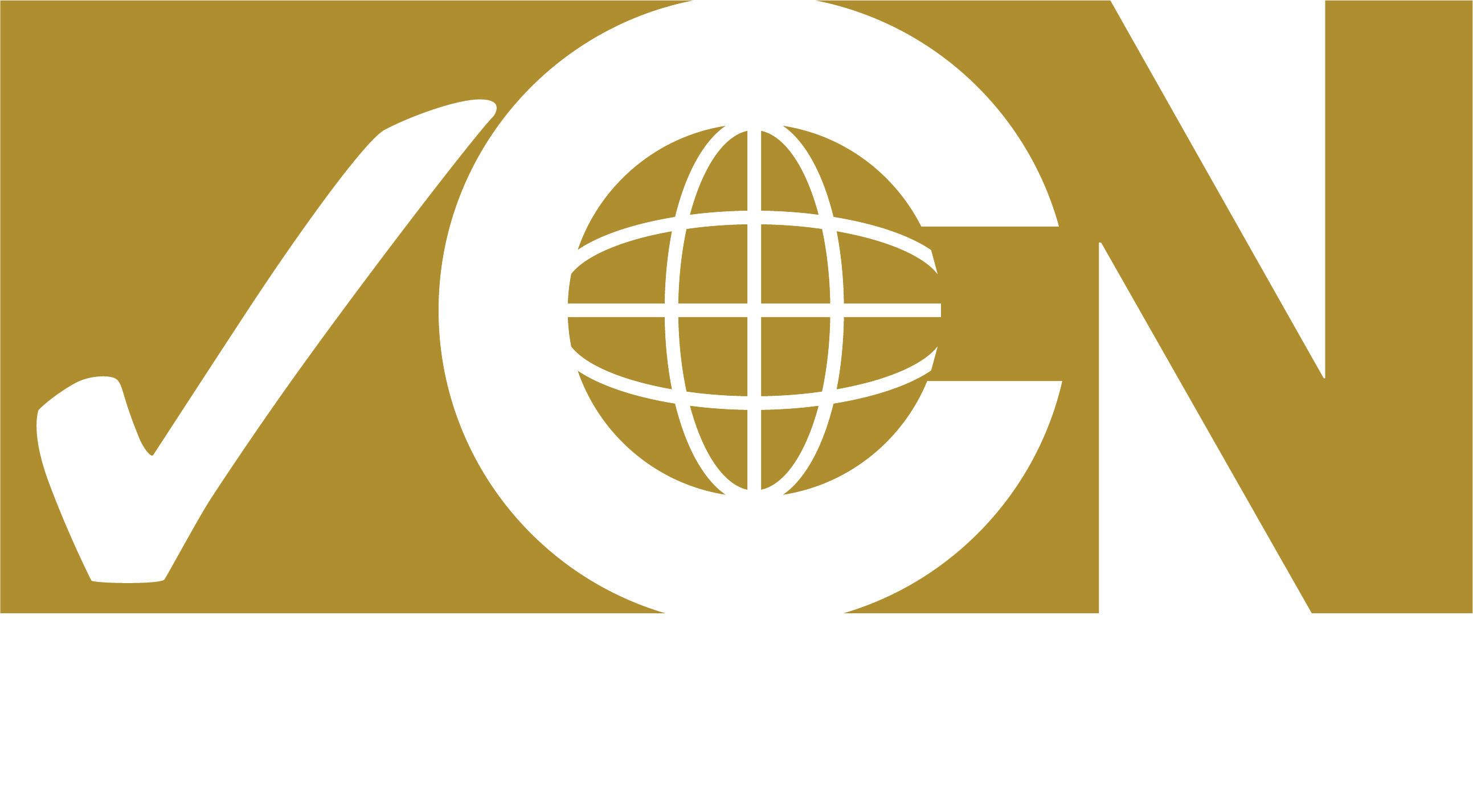The International Cyanide Management Institute (ICMI) announced today that the scope of the International Cyanide Management Code for the Manufacture, Transport and Use of Cyanide in the Production of Gold (Cyanide Code) is being extended to include the production of silver from primary silver mines using cyanide in the production process. A primary silver mine is defined as an operation where silver is the main commodity produced.
ICMI announced its intention to expand the program to allow silver producers using cyanide to become Cyanide Code signatories and have their primary silver mines certified in compliance with its Principles and Standards of Practice on September 14, 2016, http://www.cyanidecode.org/media-room/press-releases/2016/icmi-proposes-extending-cyanide-code-include-primary-silver-mines. All stakeholder comments received by ICMI supported the inclusion of silver mines in the program.
All Cyanide Code documents and many pages of the Cyanide Code website have been revised to implement the expansion. However, actual language changes are minor and do not affect substantive program requirements, as the production processes and cyanide management procedures applicable to the gold industry also apply to the silver industry.
The key change is replacement of the current definition of “Gold Mine, Gold Mining and Gold Mining Operation,” terms which are used throughout the Code’s documentation to describe the scope of the program, with a definition of “Mine and Mining Operation” which includes both primary gold and primary silver production. With this change, most references limiting the program to the gold industry have been expanded to include silver by simply deleting the word “gold” from the text. In other situations, the expansion is addressed by the addition of the phrase “and silver”, or “and/or silver”.
ICMI will begin accepting signatory applications from silver mining companies on January 1, 2017.
